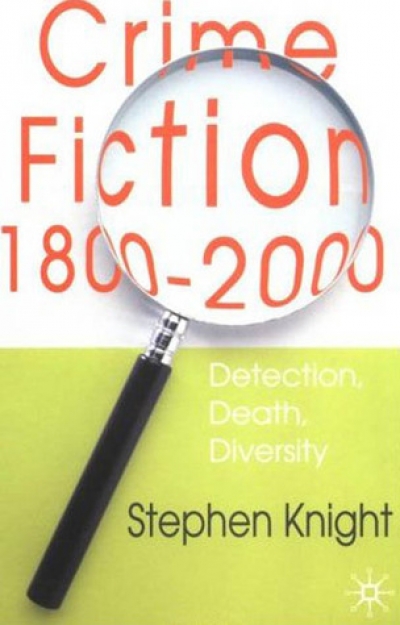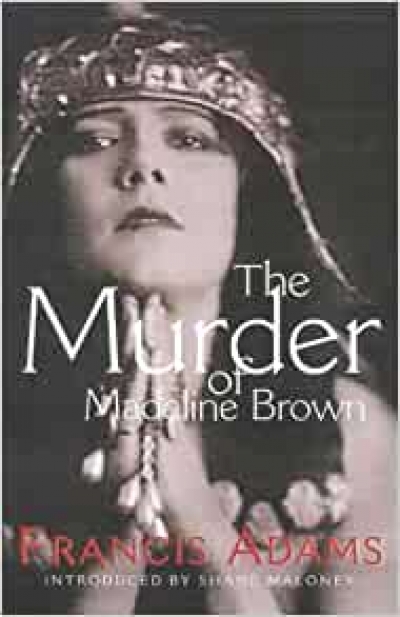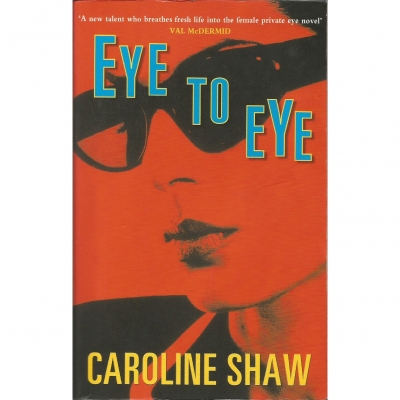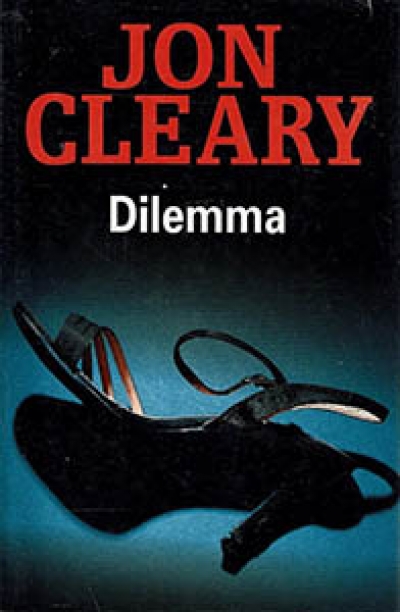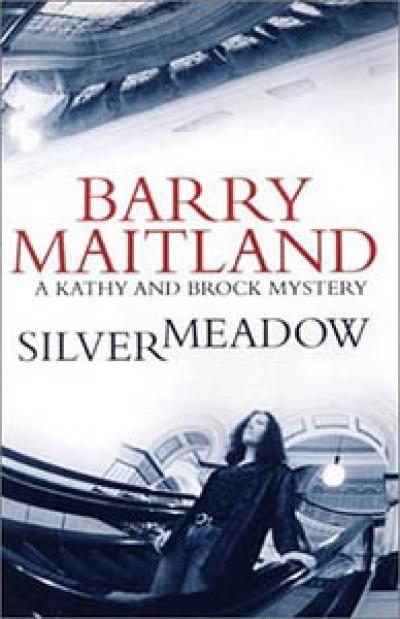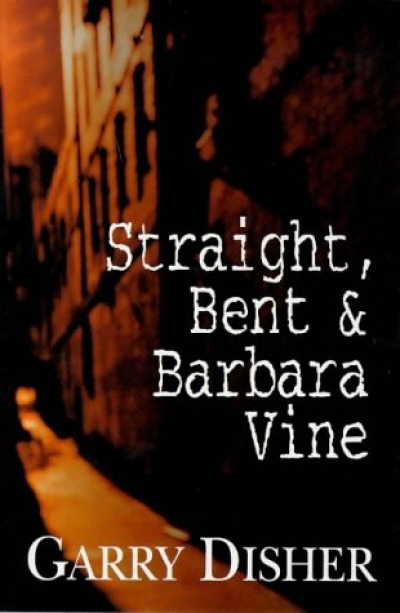Crime Fiction
Crime Fiction by Stephen Knight & The Cambridge Companion to Crime Fiction edited by Martin Priestman
by Rick Thompson •
Blindside by J.R. Carroll & Degrees of Connection by Jon Clearly
by Rick Thompson •
Silver Meadow by Barry Maitland & An Uncertain Death by Carolyn Morwood
by Sue Turnbull •
Straight, Bent and Barbara Vine by Garry Disher & Raisins and Almonds by Kerry Greenwood
by Stuart Coupe •


